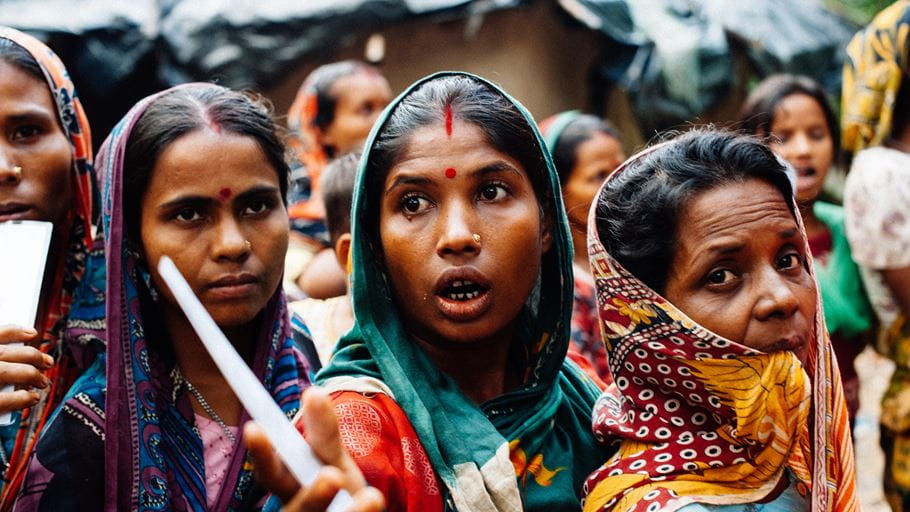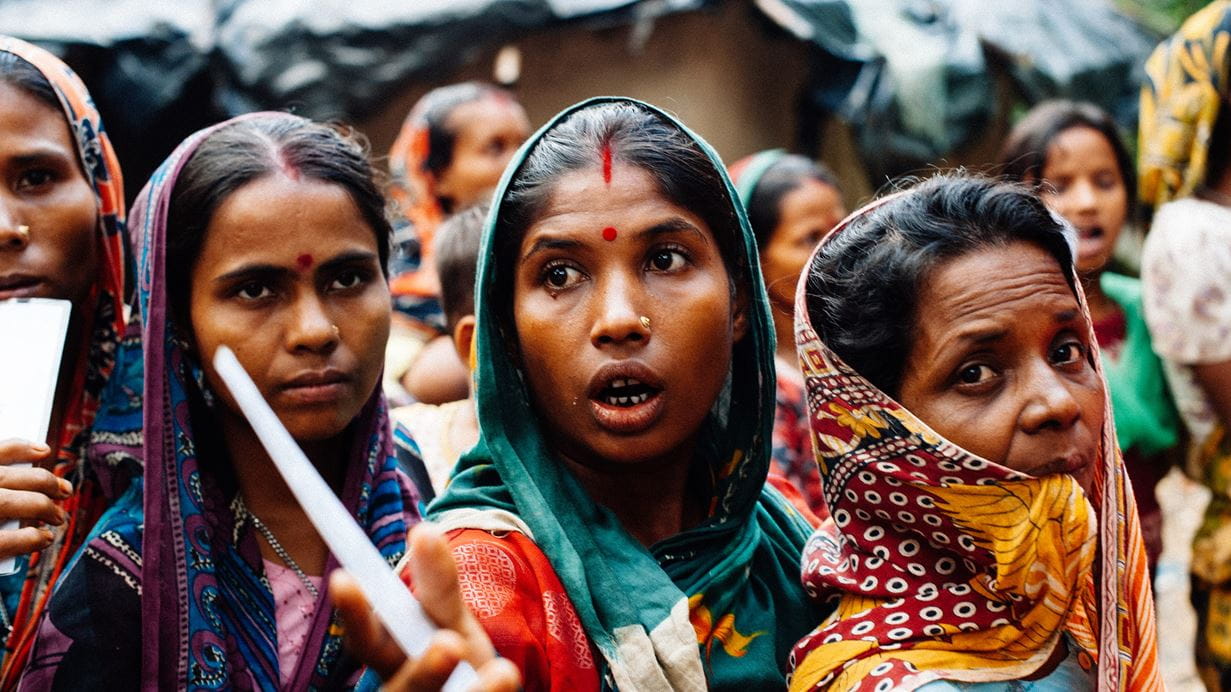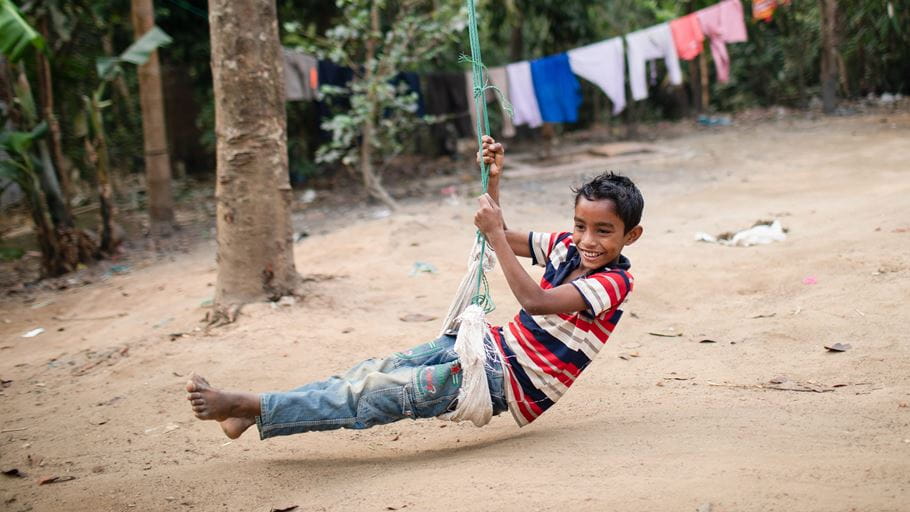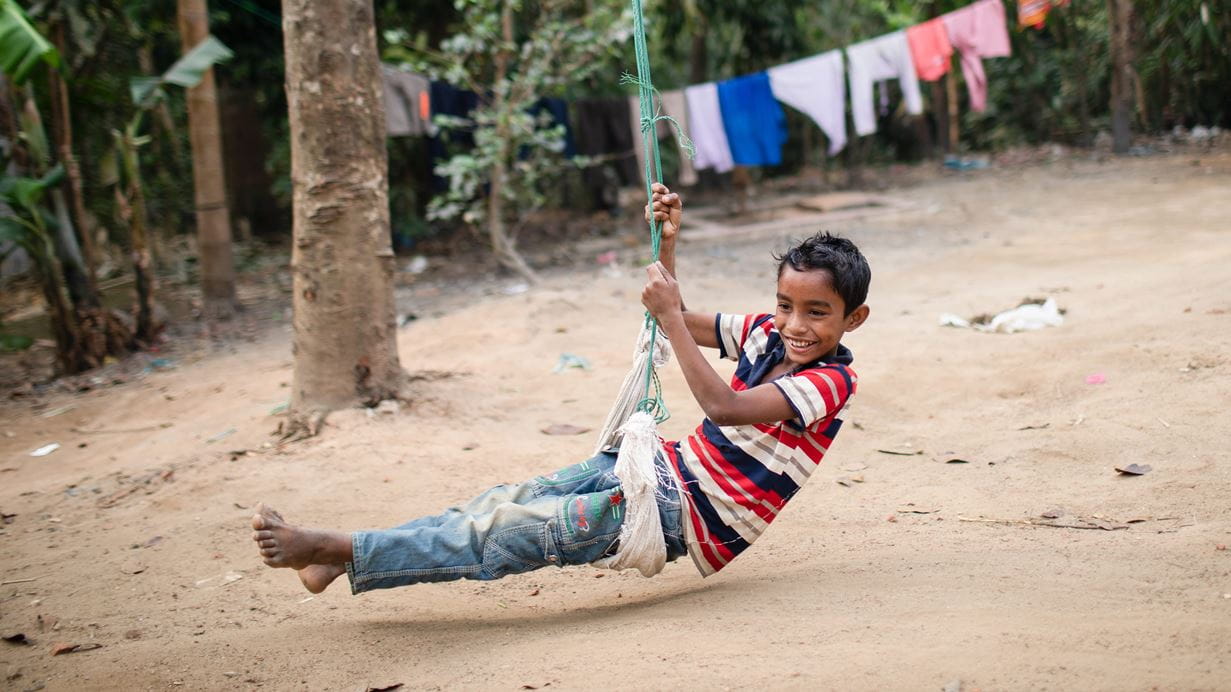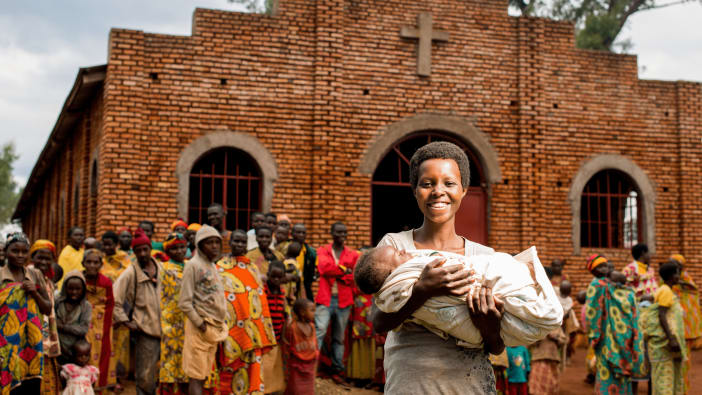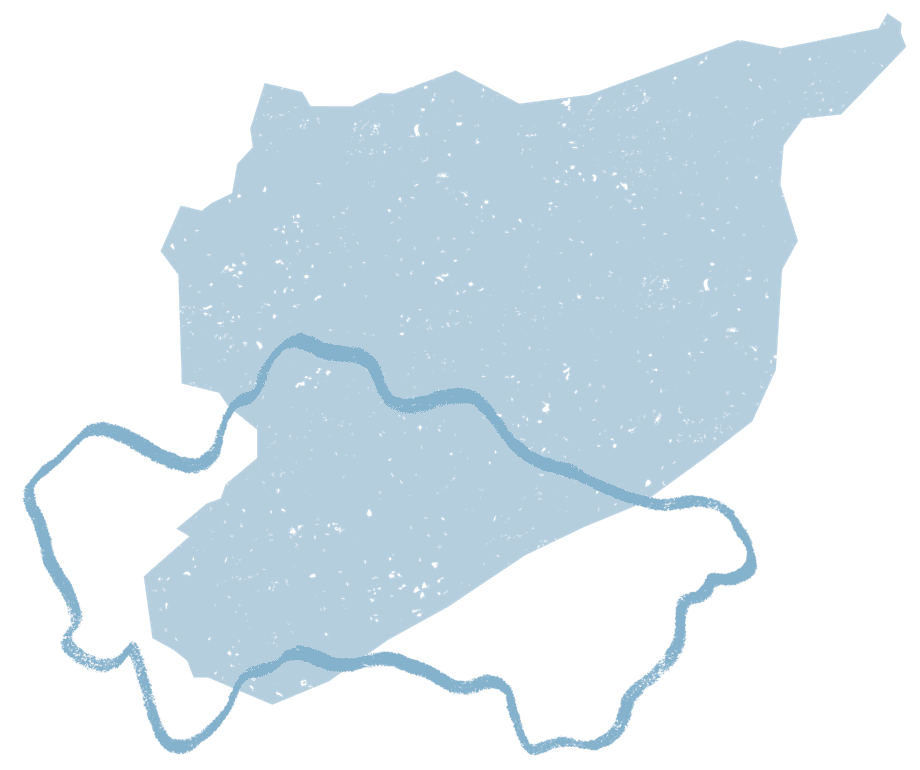Our work in Bangladesh
Tearfund began operating in Bangladesh in 1973 in response to a cyclone that caused widespread devastation. Our work has since broadened to help alleviate poverty through environmental and economic sustainability.
Our focus is on targeting climate change, vulnerable individuals and hard-to-reach poverty-stricken areas. We work in a large number of districts, but will respond to emergencies anywhere in the country, in partnership with other groups.
Water, sanitation and hygiene (WASH)
We work with communities to provide low-cost, arsenic-free water points in collaboration with the Department of Public Health. We also provide solar-powered water distillers and rainwater tanks for families to store large quantities of water, and we work to promote good hygiene practices within communities.
Our life-saving WASH assistance for refugees and host communities includes installing and maintaining accessible water and sanitation services, providing hygiene kits, and promoting good hygiene practices.
Sexual and gender-based violence
Tearfund and our local partners emphasise the protection of women and girls and promote women’s leadership, rights and empowerment. We provide training to increase women’s leadership skills and capacity.
Tearfund and our local partners are committed to addressing the underlying causes of gender inequality. One of our programmes, Transforming Masculinities, is a community-led intervention for the prevention of sexual and gender-based violence and child marriage. This programme has been successfully piloted across countries in Africa and is now being trialled in Bangladesh.
Improving livelihoods
We provide training and support to people in vulnerable communities who want to start income-generating activities – particularly women, people with disabilities, young people, and the elderly. We do this through partnering with local organisations and churches and setting up self-help groups in the community.
Adapting to climate change
We are helping communities adapt to the negative effects of climate change by: raising awareness of environmental issues such as deforestation; initiating tree plantation projects; supporting communities with recycling and waste management; and promoting sustainable agriculture techniques and the use of solar energy.
Humanitarian response
We aim to provide life-saving assistance to the most vulnerable communities affected by disasters. For example, we responded to the coronavirus pandemic by providing for people’s immediate needs and helping communities recover from the long-term economic impact. We have also been responding to the Rohingya refugee crisis and are providing support to both the Rohingya people and their host communities.




